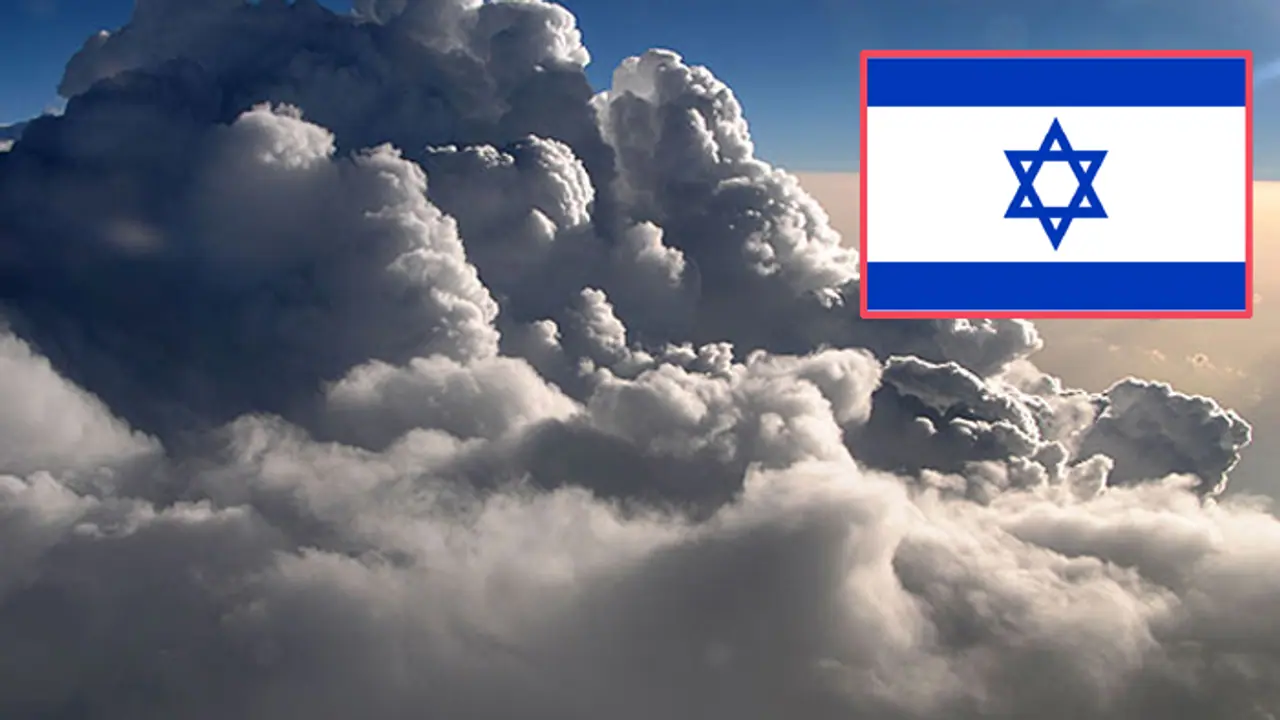Israel defence minister Avigdor Lieberman said Tel Aviv will cease transferring gas and fuel through the Kerem Shalom crossing Israel and Egypt have maintained a blockade on Gaza for over a decade in an attempt to weaken Hamas.
Tensions between Israel and Palestine flared up again on Tuesday with the former placed new restrictions on its only cargo crossing with the Gaza Strip in response to continued Hamas hostilities. This step comes despite Israel agreeing to a cease-fire ending 24 hours of intense fighting.
Israel defence minister Avigdor Lieberman said Tel Aviv will cease transferring gas and fuel through the Kerem Shalom crossing until Sunday but will allow food and essential medication to cross. Commercial cargo was suspended last week.
Lieberman also said Israel was tightening its naval blockade to limit Palestinians from sailing beyond three nautical miles off Gaza's coast. Israel had earlier allowed sailing up to six nautical miles.
Even after Hamas, Gaza's militant rulers, agreed to a cease-fire late Saturday, incendiary kites and balloons have continued to float from Gaza into Israel setting off damaging fires to farmlands. Israel has stepped up it strikes since then to signal its new threshold for engagement after months of largely refraining to act.
Israel pounded Hamas targets on Saturday in its most massive bombardment since the 2014 war, while militants fired dozens of rockets toward Israel that halted daily life in the area. Two Palestinian teenagers were killed in an Israeli airstrike in Gaza City, while four Israelis were wounded from a rocket that landed on a residential home in Sderot.
Israel says it has no interest is engaging in another war with Hamas, but says it will no longer tolerate the Gaza militant campaign of flying incendiary kites and balloons across the border that have ignited fires damaging Israeli farms and nature reserves. Israel says some 2,500 acres of nature reserves and parks close to Gaza have been burnt thus far and it is reported to have delivered messages to Hamas that if the fires continue it risks sparking a full-fledged war, like the three they have waged over the past decade.
"The Israeli army is prepared and ready for any mission we give it," Lieberman said during a visit to the border area Tuesday. "If we are required to launch a campaign we can overcome any enemy. The army knows what to do, how to do it and when to do it. We will dictate the rules of the game and no one else."
Israel and Egypt have maintained a blockade on Gaza for over a decade in an attempt to weaken Hamas. The blockade has caused widespread economic hardship. Israel says the naval blockade is necessary to protect its citizens from weapon smuggling.
The weekend's violence came after months of near-weekly border demonstrations organised by Hamas aimed in part at protesting the Israeli-Egyptian blockade of Gaza. Over 130 Palestinians have been killed by Israeli fire since the protests began on 30 March.
Israel says it is defending its sovereign border and accuses Hamas of using the protests as cover for attempts to breach the border fence and attack Israeli civilians and soldiers.
INDIA'S RELATIONSHIP WITH ISRAEL AND PALESTINE CONFLICT
India recognised the State of Israel two years after its creation in 1948. New Delhi opened embassies in Tel Aviv in 1992 after full diplomatic ties were set up.
In July 2017, Prime Minister Narendra Modi visited Israel in what was India's first-ever official visit to that country. The relation between the two nations was upgraded to 'strategic' during this visit.
India and Israel have wide-ranging agreements across various fields like defence, space, agriculture, trade and investment. Israel is one of India's top defence suppliers accounting for sales of up to $1 billion every year. Bilateral trade bertween India and Israel stood at $4.16 billion in 2016, up from $200 million in 1992.
India have been traditionally a 'friend' to Palestine as well. It was the first non-Arab State to recognise the Palestine Liberation Organisation (PLO) in 1974 and one of the first countries to recognise the Palestinian State.
In 1996, India's Representative Office to the State of Palestine in Gaza was opened, and in 2011, India voted for accepting Palestine as a full member of the UNESCO. India was also behind making Palestine a 'non-member state' of United Nations General Assembly and supported installing the Palestinian flag at the UN premises.
Therefore, although India has traditionally been supportive of the Palestinian cause, the growing threat of terrorism, the consensus between the Indian and Israeli governments on the issue and a shared history of being victims of terrorism have brought India and Israel together. Thus India's response to the Israel-Palestinian conflict in recent times have allegedly been one of equidistance, for which the Modi government had come under fire from the opposition as well.
With AP inputs
